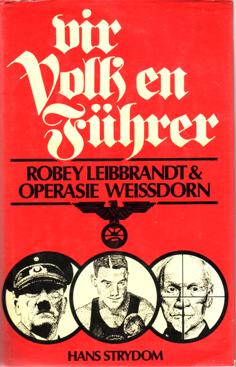
Kurt Mehner - Die Waffen-SS und Polizei 1939-1945Īllen Brandt - The Last Knight of FlandersĪline Sax - Voor Vlaanderen volk en FührerĪ. K-G Klietmann - Die Waffen-SS: eine Dokumentation SS-Freiwilligen-Sturmbrigade LangemarckĬhristopher Ailsby - Hitler's Renegades: Foreign nationals in the service of the Third Reichĭr. SS-Freiwilligen-Sturmbrigade “Langemarck” (SS-Hauptsturmführer Johannes Oehms) SS-Freiwilligen-Sturmbrigade “Langemarck” (SS-Hauptsturmführer Wilhelm Rehmann) Schrijnen, Remi (Richard) SS-Sturmmann Richtschütze i. Schellong, Conrad SS-Obersturmbannführer Kdr 6.

SS-Sturmbannführer Konrad Schellong ( - ) 1) on 19 October 1944 by the addition of manpower from the Belgian collaborators from Vlaamsche Wacht and other organizations who had retreated from Belgium along with the German forces. SS-Freiwilligen-Grenadier-Division Langemarck (flämische Nr. SS-Freiwilligen-Sturmbrigade Langemarck was formed 22 October 1943 when SS-Freiwilligen-Sturmbrigade Langemarck was redesignated. The myth is both shared and disputed.Details Published: 25 December 2010 25 December 2010 Last Updated: 01 June 2013 01 June 2013 Results suggest that differences between DS and FS in political position taking regarding the granting of amnesty are partly due to differences in representations of collaboration, and to different perspectives towards the same historical representation. Interestingly, SA was predicted by judgments of morality of DS, but not of FS, collaborators, in both groups, as if francophone collaboration was deemed irrelevant. This effect of Linguistic Group (LG) on SA was mediated by judgment of morality of collaboration, and this mediation was moderated by identification with the LG. De naoorlogse beeldvorming over de collaboratie werd steeds gedomineerd door stereotypen als de Vlaamse idealist of de katholieke oostfrontstrijder die geen ideologische verwantschap had met de Duitse bezetter en het nationaalsocialisme. However, DS expressed more Support for Amnesty (SA) than FS. In Voor Vlaanderen, volk en Fhrer legt historica Aline Sax de ziel van de Vlaamse collaborateur bloot.

A questionnaire survey (N = 521 315 FS and 206 DS) showed that collaboration was represented negatively and was morally condemned in both groups.

Demands for amnesty addressed by nationalist Flemish parties are a case in point. These representations regularly resurface in political debates surrounding the Belgian linguistic conflict. According to a popular myth coined after the war and often narrated in the media and literature, collaboration was widespread in Flanders, whereas Walloons bravely resisted, although historical reality is much more nuanced. Collaboration with the Nazi occupier during WWII has always been a topic of dissent between French-speakers (FS) and Dutch-speakers (DS) in Belgium.


 0 kommentar(er)
0 kommentar(er)
